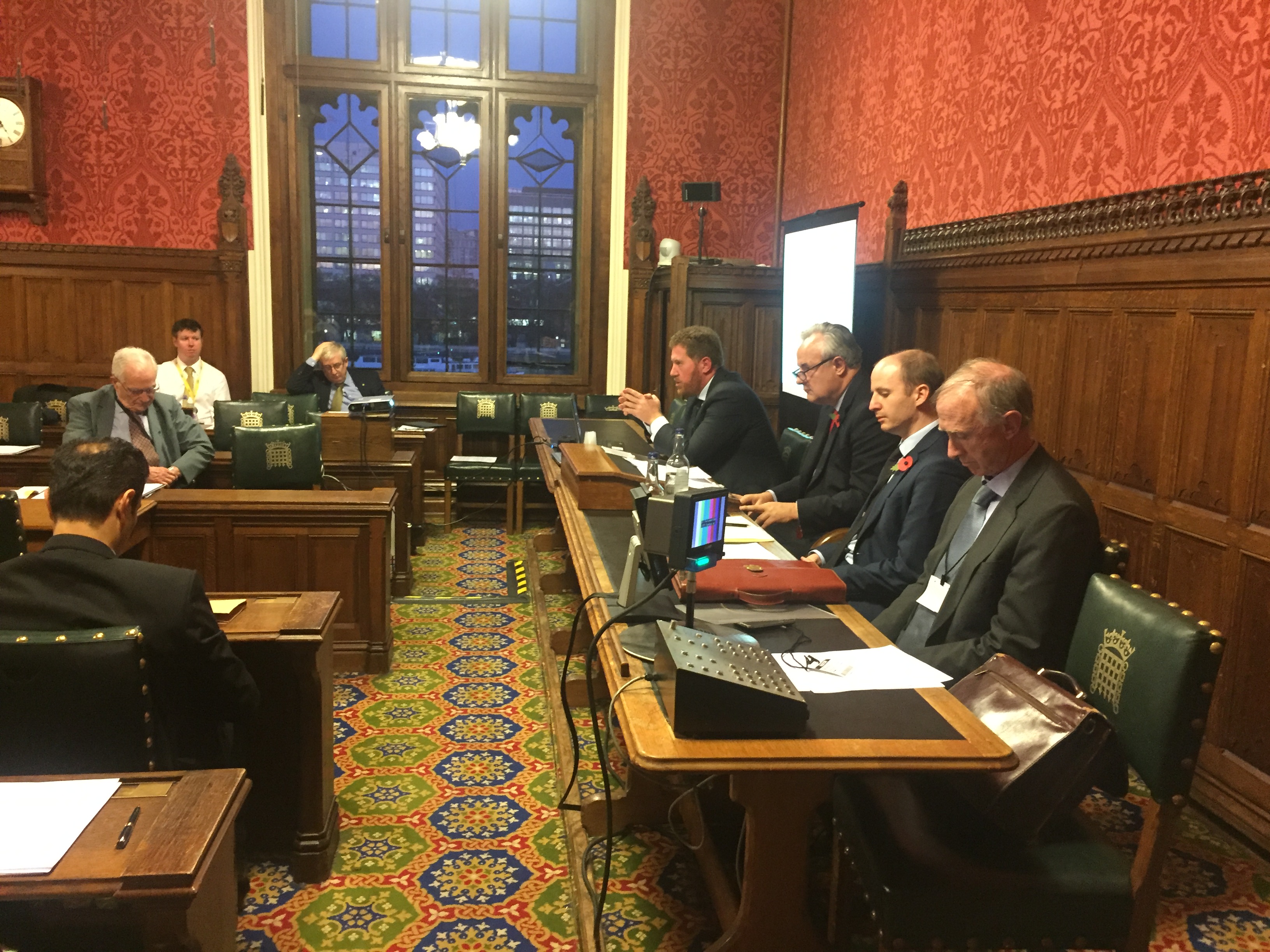At the Parliamentary Briefing: Arctic Shipping and the City of London, on November 2nd, Representative of the International Union of Marine Insurance at the International Maritime Organisation Michael Kingston gave a speech on the finalisation of the Polar Code for Shipping, which comes into force in January 2017, and the role of the London Insurance Market in enhancing best Arctic shipping practice.
"Under the Polar Code, in brief, it is necessary for operators to obtain a Polar Ship Certificate and to hold a Polar Waters Operation Manual that explains that they have a plan to deal with a worst case scenario in the conditions that may be encountered", Kingston explained.
In addition to Search and Rescue capabilities, having a crew who are trained to operate in challenging Arctic conditions, the operatiors must make use of standard ice operation guidelines that show how their ship will deal with ice conditions in the area they are thinking of sailing through. The guidelines must be explained in their Polar Ship Certificate, which will be issued by the Flag State where their ship is registered. Kingson has been representing the International Union of Marine Insurance in the process of developing this methodology.
"The key principles for developing the Polar Code were a risk-based approach in determining scope and to adopt a holistic approach in mitigating all risks to acceptable levels", according to Kingston.
However, in the draft of the Polar Code, there were knowledge gaps that would make it difficult for insurers to agree to operations above 70 degrees north latitude: no common international guidelines for operations in icy waters (only Canada and Russia had them), and no guidance for handling likely conditions that may be encountered in an area where the ship might operate and how to therefore determine operational limitations for the ship in question.
"With Ice Captains, helped by the Swedish Government, we drafted the Arctic Marine Best Practice Declaration which was backed by the International Union of Marine Insurance", said Kingston, who presented this declaration at the IMO on behalf of the insurance industry in February 2014. This led to a workshop held at Lloyd’s on March 12 that has resulted in a proposed initiative to foster a common ice regime guidelines in the Arctic that would support the Polar Code and improve safety standards.
A Technical Group involving most Arctic States was established and set the goal of making recommendations in time for IMO Maritime Safety Committee Meeting 94 in November. The goal of the Technical Group was to develop a decision-making system that can be used for voyage planning in advance, and "on the bridge", using the actual ice conditions of the geographical area that the ship is intending to travel, ice class and operational mode. The ice regime System is called POLARIS (Polar Operational Limit Assessment Risk Indexing System). "On a practical business level, with such a development, if we get it right we believe that it is possible to have happy insurers who will insure Polar operations that are based on a sustainable approach to Arctic development so that everyone benefits", concluded Kingston.

